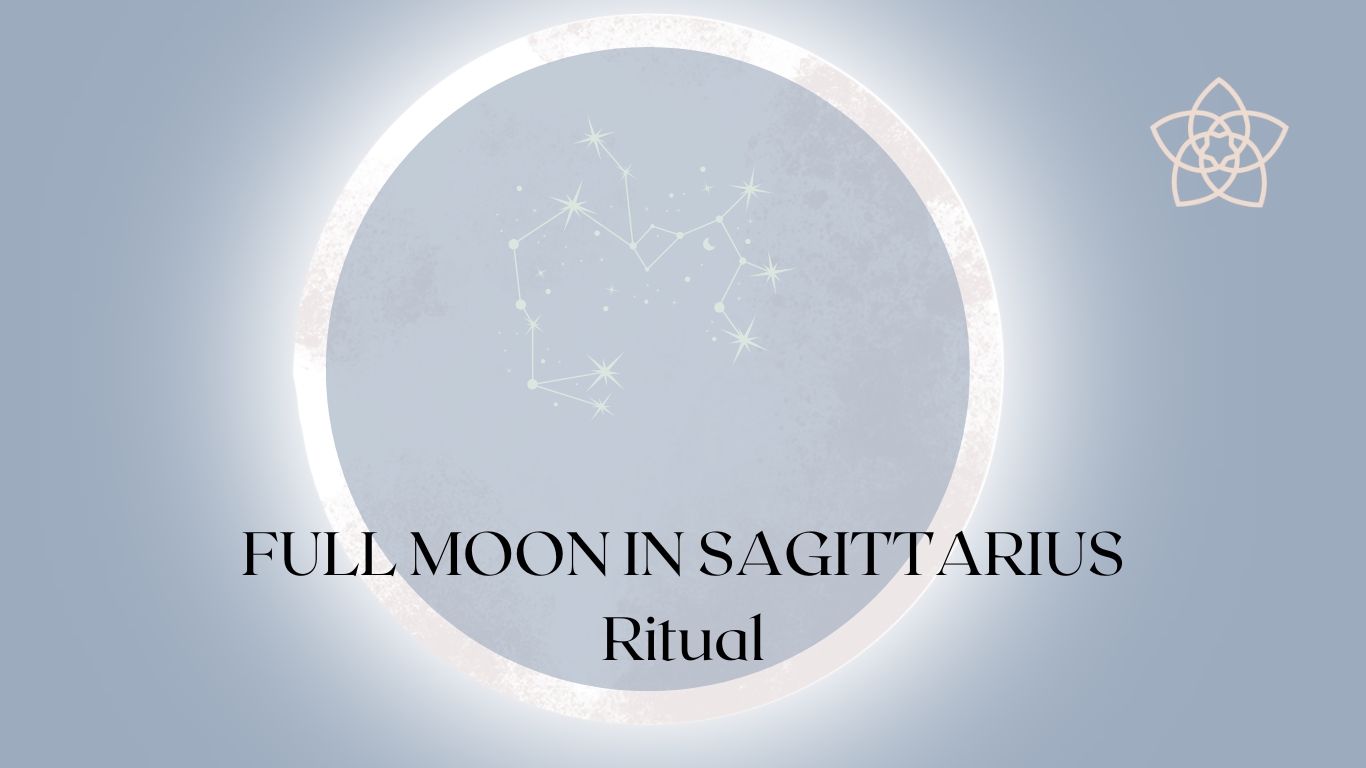The Pendle Witches

The story of the Pendle Witches is one of the most famous and chilling episodes in England’s history of witch trials. The trial took place in Lancaster, the accused residing in and around Pendle Hill, Lancashire. The region was already notorious for its dark associations with witchcraft and catholicism.
The events leading up to the trials began with a conflict between two rival families, both of whom were poor and relied on begging, healing, and perhaps a bit of cunning to survive. These families were headed by two elderly women, Elizabeth Southerns, known as “Old Demdike,” and Anne Whittle, known as “Old Chattox.” Both women were reputed to be witches and had a longstanding feud, which likely fueled the accusations that would soon follow.
The trouble began in March 1612 when Demdike’s granddaughter, Alizon Device, allegedly cursed a peddler named John Law after he refused to give her some pins. Law fell ill, and Alizon, convinced that her curse had caused it, confessed to being a witch. This confession set off a chain reaction of accusations and arrests. Under interrogation, Alizon implicated her own family and others, including members of the Chattox family.
The investigation led to the arrest of twelve people, accused of causing harm through witchcraft, including murder. The trials were presided over by Sir James Altham and Sir Edward Bromley, two judges who were determined to root out witchcraft. The accused were denied proper defense, and their trials were swift and brutal.
The trial took place on August 18–19, 1612, at Lancaster Castle. The evidence against the accused was thin, often based on hearsay and the confessions of others under duress. Despite this, ten were found guilty and hanged. Only one, Alice Grey, was acquitted.
The Pendle Witch Trials are often cited as an example of the fear and superstition that gripped England during the early 17th century. The women (and a few men) who were accused had little power or protection, and their trial reveals much about the precarious position of the poor, particularly women, in that society.
The story of the Pendle Witches continues to resonate today, not only as a tale of historical injustice but also as a cautionary reminder of the dangers of mass hysteria, prejudice, and the persecution of the vulnerable. Every year, people remember the Pendle Witches, especially on the anniversary of their execution 20th August, reflecting on the dark chapter in history and the lessons it still holds for us today.
To honour the Pendle Witches, each year I light candles on the anniversary of when they were hanged at Gallows Hill. I often open this healing ceremony to the public so keep an eye on my newsletter if you would like to take part.




